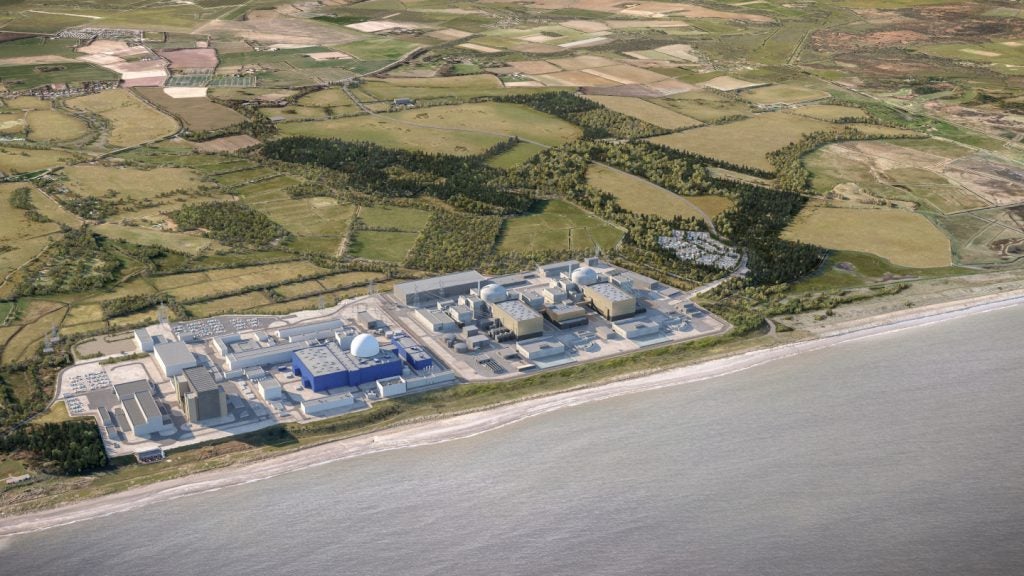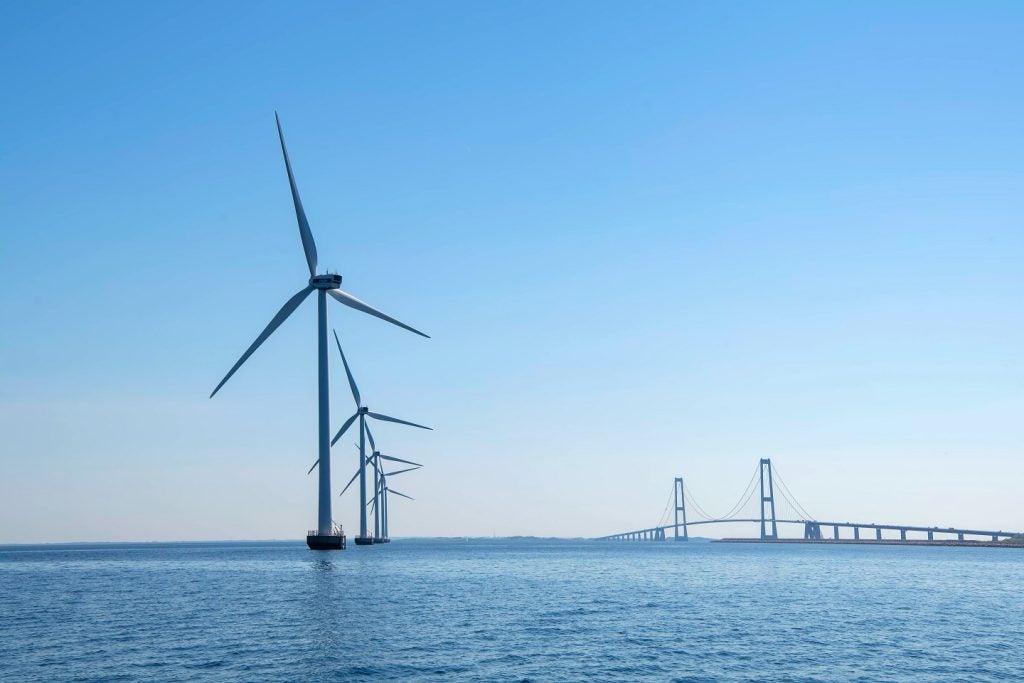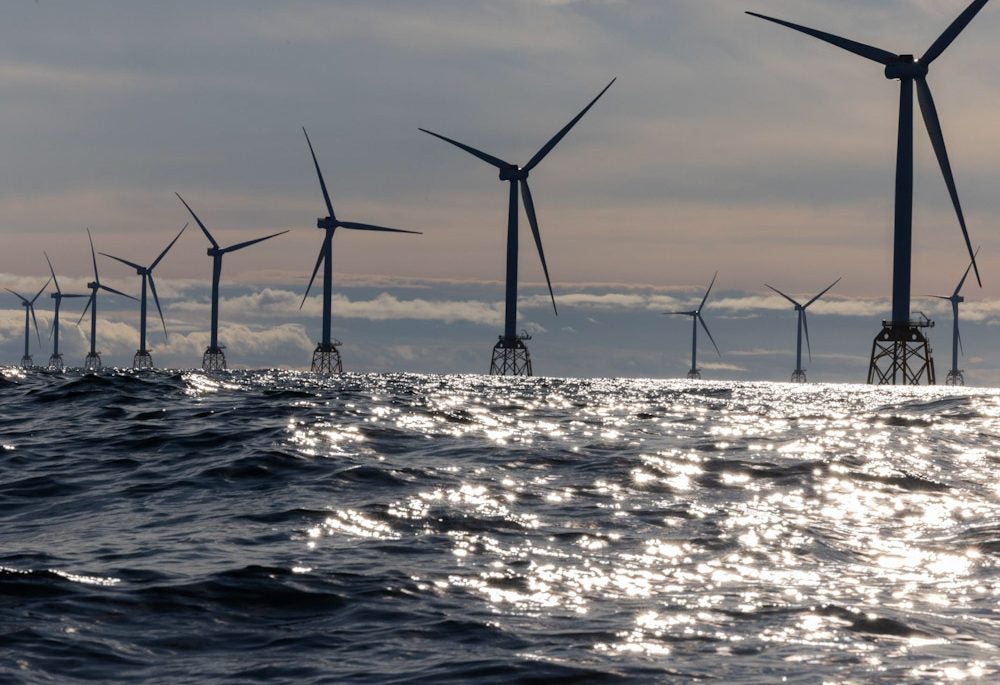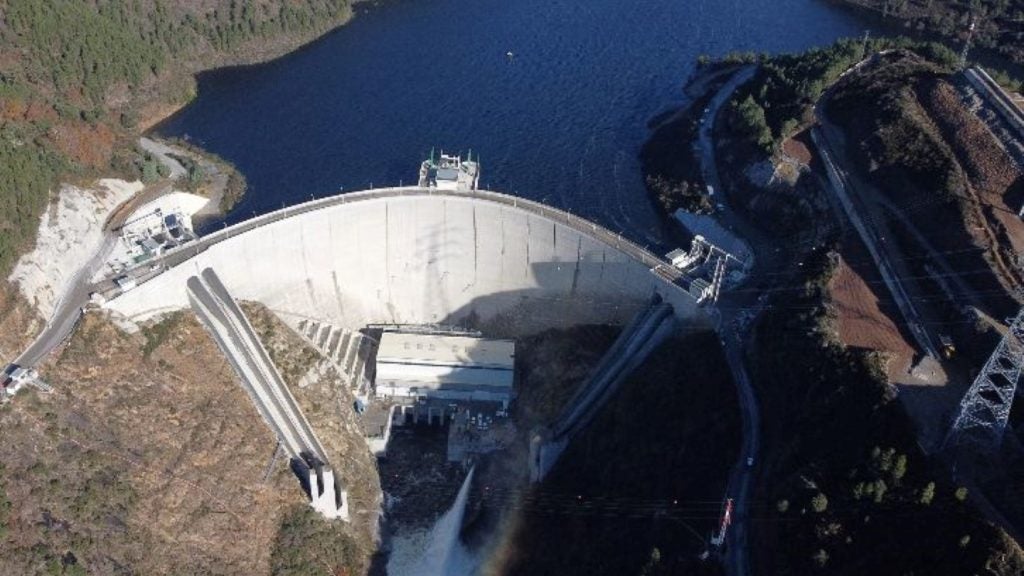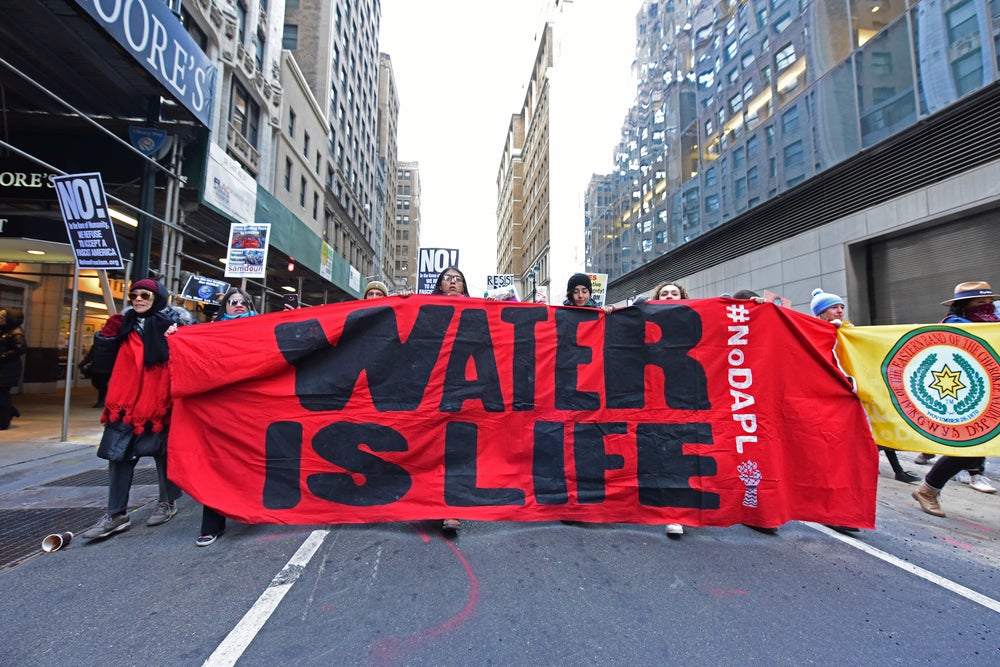The UK Government will invest an additional £1.3bn ($1.66bn) into the planned Sizewell C nuclear plant in an effort to galvanise private investment as the project’s costs continue to soar.
The new funding package – the largest the government has given to the project to date – will go towards early construction works, the Department for Energy Security and Net Zero said in a statement on Monday.
A final investment decision on the plant will come later this year. The extra £1.3bn solidifies the government’s position as the majority shareholder in the project and follows a £700m funding pledge in November 2022 and another £511m agreed last summer.
An investment process for the planned 3.2GW nuclear plant, which will be built and operated by French state-owned nuclear giant EDF, is ongoing. The project is vital to the UK Government’s newly announced commitment to quadruple its nuclear power capacity by 2050 up to 24GW as it looks to make nuclear power the backbone of its net-zero plans.
Nuclear Minister Andrew Bowie said: “This investment injection means we can steam ahead with work on Sizewell C ahead of the final investment decision targeted later this year.” He added that the funding is “a win” for the country’s energy security and shows that the UK is “serious about its low carbon” future.
However, the construction of atomic reactors is notoriously tricky. Earlier this month, EDF announced that it will extend the life of its ageing operational reactors in the UK as new projects continue to be plagued by long delays and soaring costs.
The government’s other flagship nuclear project still under construction, Hinkley Point C, has faced decades-long delays and billions in rising costs. In February last year, the cost of the plant rose again to almost £32.7bn, up more than £6bn from the £27bn estimate given in May 2022 and far higher than EDF’s original budget estimate of £20.5bn when adjusted for inflation. The UK Government also published estimates in 2016 suggesting the total lifetime costs of the project could exceed £46.5bn.
Sizewell C has also faced delays and increasing costs. Environmental challenges have also plagued planning processes; the project has faced legal challenges as recently as last month around the possible environmental harm that might come from the operation of the plant, although the case was thrown out by London’s Court of Appeal.
Bowie has previously told reporters: “There is no net zero without nuclear. No one is trying to suggest that it is not expensive to deliver, but it is an expense we can’t afford not to spend.”
Julia Pyke and Nigel Cann, joint managing directors at Sizewell C, said about the fresh investment: “With the project now in construction, the funding means we can step up activity in Suffolk and deliver on our commitments to local communities.
“Sizewell C will build on the huge contribution of Hinkley Point C in restarting nuclear construction in Britain. It will bring another big boost to British nuclear skills and training, putting the industry in an even better position to deliver the other projects this country needs for its low-carbon future.”


